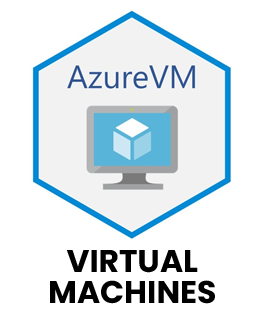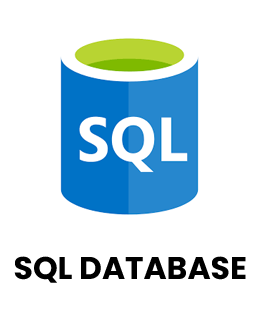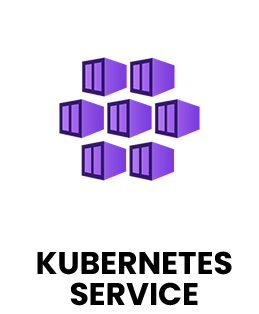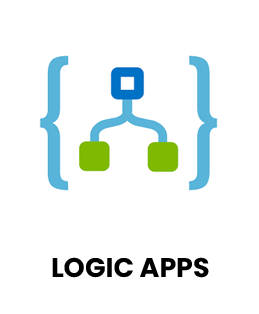1. How do Azure IaaS, PaaS, and SaaS models differ?
Ans:
Azure Infrastructure as a Service (IaaS) delivers core resources like virtual machines, networking, and storage, giving users full control over system configurations. Platform as a Service (PaaS) provides a pre-configured environment for developing and running applications without managing underlying servers. Software as a Service (SaaS) offers ready-to-use cloud applications accessible through the internet. Each model addresses different business requirements, balancing control, convenience, and maintenance responsibilities.
2. What strategies are used to secure Azure resources?
Ans:
Azure security involves a combination of identity management, role-based access control, encryption of data at rest and in transit, and multi-factor authentication. Azure Security Center continuously monitors for threats and compliance violations, while Network Security Groups regulate inbound and outbound traffic. These layered measures ensure that cloud resources remain protected from unauthorized access, breaches, and potential vulnerabilities.
3. What types of Azure accounts exist, and when should access be restricted?
Ans:
Azure accounts include roles like subscription owners, contributors, and readers, each with specific permissions. Access should be limited for inactive users, temporary contractors, or accounts with excessive privileges to minimize security risks. Applying the principle of least privilege ensures only necessary permissions are granted, reducing the likelihood of unauthorized access and maintaining a secure environment.
4. How does Azure handle auditing and activity tracking?
Ans:
Auditing in Azure is performed through Activity Logs, Azure Monitor, and Security Center, which record resource modifications, access attempts, and policy changes. Analyzing these logs helps identify unusual activity, maintain compliance with regulations, and enhance accountability. Continuous tracking ensures administrators can monitor operations and respond quickly to potential issues.
5. What is an Azure Resource Group, and why is it important?
Ans:
An Azure Resource Group is a logical container that organizes related cloud resources like virtual machines, storage accounts, and databases. It simplifies resource deployment, monitoring, and lifecycle management. Resource Groups provide a structured way to manage assets efficiently, maintain operational consistency, and enable easier access control, making cloud management more organized and reliable.
6. What are Role-Based Access Control (RBAC) and Azure Policies?
Ans:
RBAC defines who can access Azure resources and what actions they can perform, based on roles assigned to users, groups, or applications. Azure Policies enforce organizational standards, such as restricting allowed regions, resource types, or configurations. Together, these tools ensure secure access, regulatory compliance, and proper governance across cloud environments, preventing unauthorized or non-compliant deployments.
7. How does Azure handle exceptions during resource deployment?
Ans:
Azure manages deployment exceptions through automated scripts, customized policies, and rollback procedures to handle failures safely. These strategies ensure that systems remain stable even when unexpected errors occur. Controlled exception handling minimizes downtime, maintains application performance, and ensures that business operations continue smoothly despite deployment issues.
8. How is application and resource performance monitored in Azure?
Ans:
Azure uses tools like Azure Monitor and Application Insights to observe the health, performance, and responsiveness of cloud resources and applications. These services track metrics such as latency, resource utilization, and error rates, providing actionable insights. Monitoring enables early detection of bottlenecks, optimization of workloads, and uninterrupted service delivery to meet business requirements.
9. What distinguishes an Azure Administrator account from a standard user account?
Ans:
Standard user accounts have limited access to assigned resources, while Azure Administrator accounts possess elevated permissions to manage subscriptions, security policies, and critical resources. Administrator accounts require strict security practices to prevent misuse or unauthorized changes. They are responsible for maintaining configurations, compliance, and overall cloud environment stability.
10. What are the main components of Microsoft Azure, and why are they important?
Ans:
Key Azure components include Virtual Machines, Networking, Storage, Databases, and Azure Microsoft Azure. These services form the foundation of the platform, enabling businesses to develop, deploy, and scale applications efficiently. They provide flexibility, reliability, and security while supporting modern cloud architectures, helping organizations meet performance and operational goals.






















